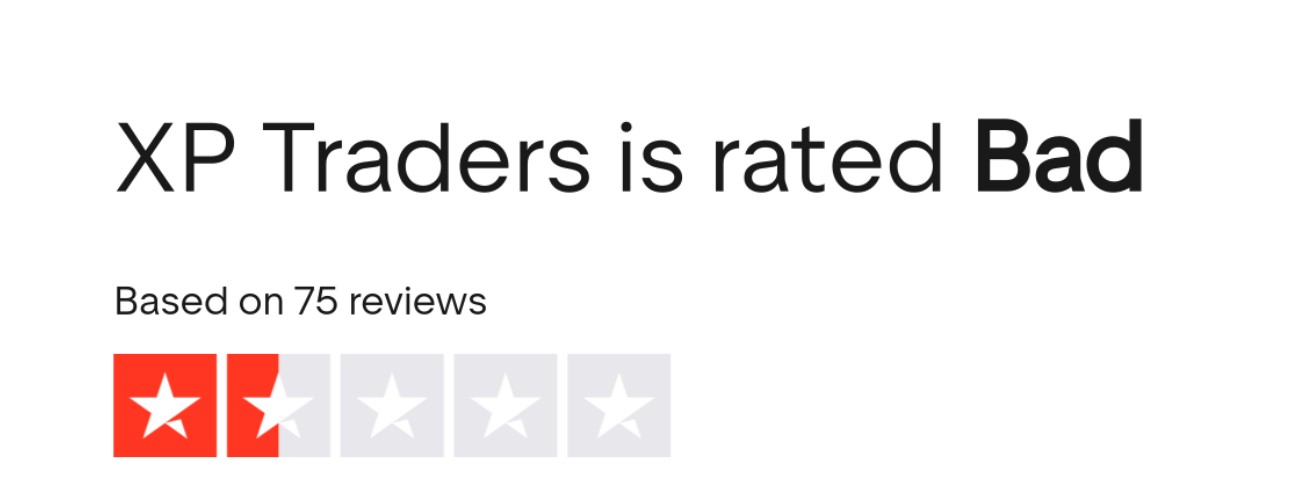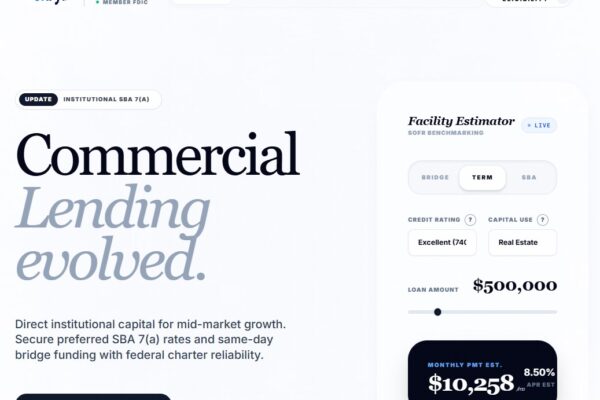XPTraders.com Scam Review -A Dubious Broker
Opening — the demo that wooed, then walled off withdrawal
Marcus discovered XPTraders.com through a promoted social post promising “institutional trading tools for retail investors.” The website looked polished: a crisp interface, a demo showing steady returns, and a chat popup that connected him to a personable “account specialist.” The rep guided Marcus through a quick sign-up and suggested a modest test deposit to “see the strategy in action.”
At first, everything seemed straightforward — a small withdrawal worked, the dashboard showed gains, and emails from the support team were prompt. Encouraged, Marcus added more funds. Then, when he requested a larger payout, the experience shifted: fresh verification demands, sudden “processing” fees, and increasingly vague timelines. Replies slowed. That transition — friendly onboarding, early small wins, then withdrawal barriers — is exactly the pattern that colors the rest of this review.
Short verdict (risk-based)
XPTraders.com displays multiple operational and behavioral warning signs that, when combined, create a high-risk profile: limited transparency about ownership and corporate registration, lack of clearly verifiable regulation, marketing designed to accelerate deposits, and a repeated deposit-easy / withdrawal-hard dynamic reported in many similar cases. This assessment is a pragmatic risk evaluation, not a legal determination.
1) Slick UX, thin substance
The site invests heavily in visual credibility — charts, investor testimonials, and confident language about “proprietary algorithms.” That look-and-feel reduces initial scepticism, which is precisely why polished scams invest in design.
Credible firms back good design with verifiable facts: company registration and number, named senior staff with traceable credentials, a clearly disclosed regulator and licence number, and named custodial banks. XPTraders.com emphasizes marketing but lacks these basic, independently checkable trust anchors. Where you would expect transparent disclosures, there’s marketing copy instead.
2) Who’s behind the desk? — accountability gaps
A fundamental due-diligence question is “who can I hold accountable?” Red flags in this area include privacy-masked domain registration, generic bios with stock photos, virtual office addresses, and contact details that route to generic web forms or ephemeral numbers.
XPTraders.com’s public footprint is short on verifiable leadership and corporate registration. When the legal entity, directors or a physical head office are opaque or absent, accountability shrinks — and tracing a responsible party when money is stuck becomes far harder.
3) Regulation and oversight — the missing safety net
Regulation isn’t just a badge — it’s an enforceable system of rules, audits, client money protection, and a complaints channel. Trustworthy brokers highlight their regulator and provide a licence you can confirm.
XPTraders.com does not clearly publish a verifiable licence from a recognized financial authority. Ambiguous statements about “partner compliance” or “regulated partners” are not substitutes for being directly regulated. In practical terms, absent clear licensing, users forfeit important external protections.
4) The onboarding funnel — engineered to scale deposits
Problematic platforms often follow a predictable funnel:
-
Frictionless signup and immediate human outreach.
-
A small, visible payout to build confidence.
-
Persistent nudging to upgrade to VIP accounts or higher tiers requiring larger deposits.
-
New verification demands or fees when meaningful withdrawals are requested.
XPTraders.com’s onboarding mirrors that sequence: prompt outreach from “personal advisors,” time-limited bonuses, and tiered accounts promising better returns for larger stakes. That arrangement speeds up deposit volume before users can test withdrawal mechanics meaningfully.
5) Deposit vs. withdrawal asymmetry — the practical litmus test
One of the clearest empirical checks you can run is to compare how deposits and withdrawals are handled. The risky pattern looks like this:
-
Deposits processed quickly across multiple rails.
-
Early small withdrawals succeed (or are simulated) to create trust.
-
Larger withdrawal requests trigger additional “verification” steps, surprise fees, or indefinite delays.
If you observe “easy in, hard out,” treat it as a major operational red flag. Reports tied to platforms following XPTraders.com’s playbook describe exactly that cycle.
6) On-site “proof” is persuasive, not audited
Screenshots of rising balances, curated testimonials, and selective success stories are conversion assets — but they’re not independent verification. Real proof would be exportable bank/trade statements, third-party audits, named custodians, or regulator-confirmed disclosures.
XPTraders.com showcases internal dashboards and client stories, but lacks the verifiable, external evidence that separates marketing from substantiated performance.
7) Terms & contractual levers — where the operator holds the tools
The small print is where practical control lives. Clauses to watch for include:
-
Broad rights to freeze or withhold funds for vague “security” reasons.
-
Processing or release fees introduced only at withdrawal time.
-
Bonus conditions that lock funds behind impossible turnover requirements.
-
Dispute resolution clauses that locate legal proceedings in distant jurisdictions.
If XPTraders.com’s terms contain such levers, they are the practical mechanisms used when payouts become inconvenient for the operator.
8) Technical signals — domain, WHOIS and rebrand risk
Technical metadata offers context: short domain age, masked WHOIS, and hosting choices similar to other short-lived finance sites. These features make it easier for operators to rebrand or vanish when scrutiny increases.
XPTraders.com displays a combination of these technical traits — not definitive proof of bad intent, but a factor that increases practical fragility and the chance of sudden disappearance.
9) Psychological mechanics — why people escalate exposure
XPTraders.com’s mix of persuasive design, account managers, and early small wins leverages common cognitive biases: authority, scarcity, social proof, and the anchoring effect of early gains. These levers shorten deliberation time and make larger deposits feel rational. Recognising these influences explains how thoughtful people can escalate risk rapidly.
10) Quick red-flag checklist — one page to use now
Before considering XPTraders.com, run this testable filter:
-
Is the legal company name and registration number published and verifiable?
-
Does the platform display a licence from a recognised financial regulator (and can you confirm it)?
-
Are custody or banking partners named and independently checkable?
-
Do independent users report successful, large withdrawals (not just tiny tests)?
-
Is the domain recently registered and is WHOIS masked?
-
Do account managers pressure you to upgrade before you’ve tested withdrawals at scale?
-
Are performance claims supported by exportable trade logs or third-party attestations?
-
Do the terms grant the operator broad discretion to freeze accounts or impose retroactive fees?
If many answers are “no,” your exposure is materially elevated.
Analytical conclusion — why the pattern matters
Individually, a missing disclosure or a new domain can be explained. The practical risk emerges when several issues converge: masked ownership, absent verifiable regulation, persuasive marketing designed to accelerate deposits, internal proofs instead of audited evidence, and the deposit-easy/withdrawal-hard dynamic. XPTraders.com manifests multiple elements of that risky constellation.
This review is a pragmatic, risk-based assessment — not a legal accusation. It aims to surface concrete, verifiable signals readers can use to protect capital. Until XPTraders.com publishes transparent company registration, a verifiable licence, named custodians, audited performance evidence, and a clear track record of timely withdrawals, it should be considered high-risk for meaningful deposits.
Report XPTraders.com Scam and Recover Your Funds
If you have lost money to XPTraders.com Scam, it’s important to take action immediately. Report the scam to Jayen-consulting.com, a trusted platform that assists victims in recovering their stolen funds. The sooner you act, the better your chances of reclaiming your money and holding these fraudsters accountable.
Scam brokers like XPTraders.com continue to target unsuspecting investors. Stay informed, avoid unregulated platforms, and report scams to protect yourself and others from financial fraud.
Stay smart. Stay safe.






